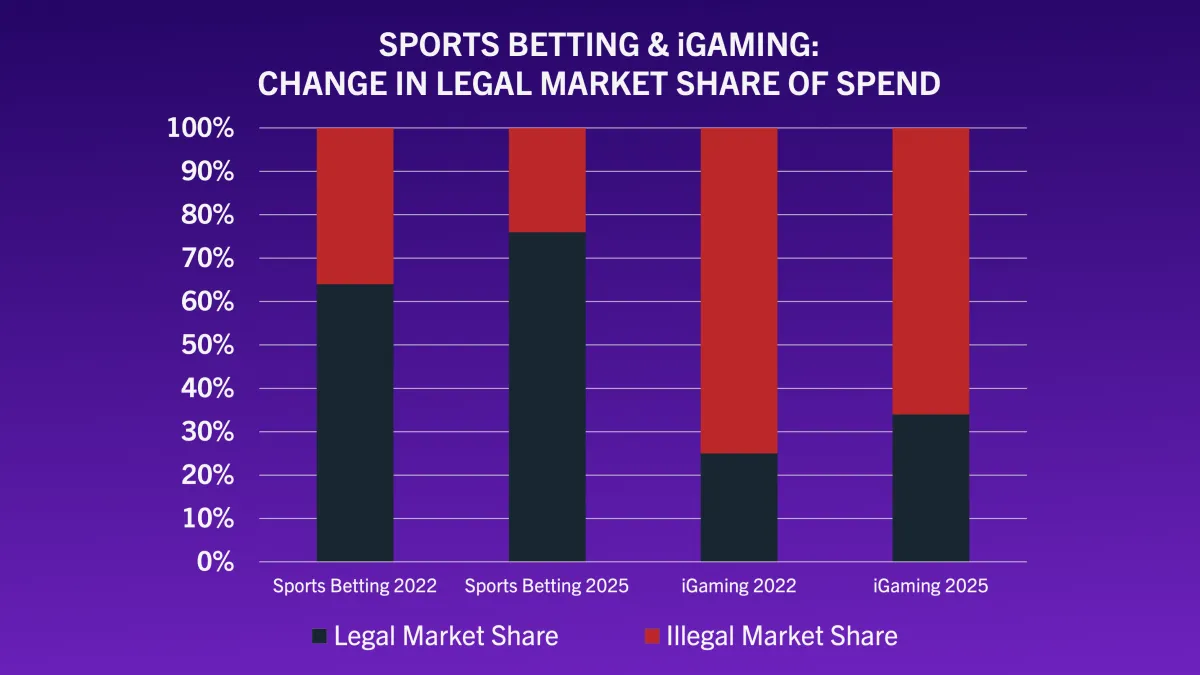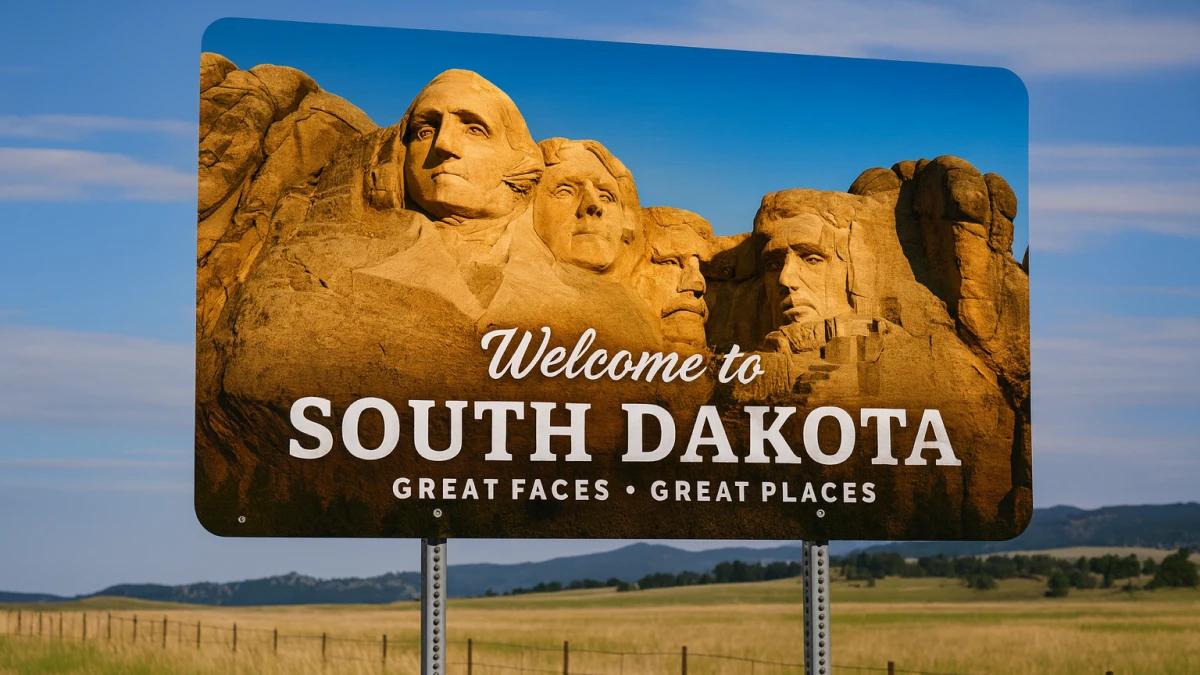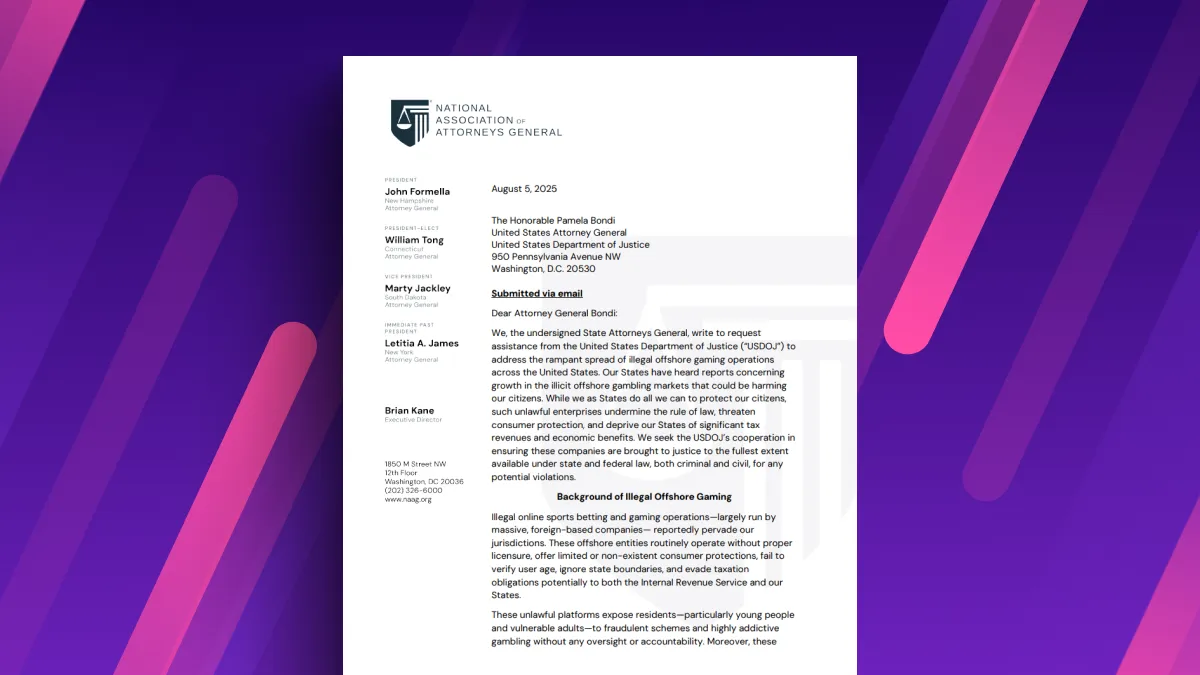Hot, Hotter, and Hottest in Sin City: Las Vegas Experiences Hottest Ever Temperature, Topping 120 F

1.0
Default
In a city known for its scorching heat in the summer, Las Vegas has broken all previous records: it has reached an unprecedented milestone on Sunday. At precisely 3:38 pm, the National Weather Service reported that the temperature in Las Vegas hit a record-breaking 120 F at the official weather station located at the airport.
It's unbelievably hot, residents and tourists stated. Earlier that same day, Las Vegas had already surpassed its previous record when temperatures soared to 118 F (this happened at exactly 2:33 pm). This broke the longstanding record of 117 F, which was previously achieved on the 19th of July, 2005, and subsequently matched on the 30th of June, 2013; the 20th of June, 2017; and the 10th of July, 2021.
The NWS had previously forecasted a high of 117 F for the day, with a roughly 25% chance of exceeding the record. Although it's challenging to directly attribute a single weather event to climate change, studies have long highlighted Las Vegas as one of the cities that is known for warming up the fastest in the western United States. Since 1970, for instance, the average temperature in the summer in Las Vegas has increased by almost 6 degrees F, and the city has not recorded a low temperature record in the last 25 years.
Historical temperature records: a degree of discrepancy
Historically, many news outlets have cited Las Vegas' previous record high not as 117 F, but as 118 F, which was set as far back as the 26th of July, 1931. But to clarify this discrepancy, National Weather Service meteorologist Daniel Berc explained that the weather service does not recognize the 1931 record as official because it was measured by Charles Pember Squires (Pop, for short), the publisher of the newspaper The Las Vegas Age, in his backyard on Fremont Street.
Berc further wrote in an email that it isn't because Squires was not a meteorologist - it's just that there wasn't an "official climate site." He added that observations taken before January 1, 1937, are considered unofficial for the climate record. It was actually on this date that the US Weather Bureau, now known as the NWS, established its official weather station at Nellis Air Force Base, formerly the Western Air Express Airfield.
The station was later relocated to Alamo Field, the civilian airport in Las Vegas, on the 18th of December, 1948 - two days prior to being renamed in honor of Senator Pat McCarran. Today, Las Vegas, like most metropolitan areas, measures its official temperature through NWS monitoring stations maintained at the airport.
What residents and visitors should know about the early warning signs of heat exhaustion
As Las Vegas continues to grapple with extreme heat, residents and visitors are advised to take precautions. Various cooling stations are available along the Strip during the daytime up to Wednesday, and people are advised to stay hydrated and be vigilant about heat-related illnesses.
Heat exhaustion can manifest as cramps, nausea, clammy and pale skin, and an increased heart rate due to fluid loss from sweating. Symptoms may also include dizziness, weakness, and fainting. If you suspect heat exhaustion, it's important to move indoors and lie down, and try to elevate your feet and take hydrating fluids - you should also avoid alcohol at all costs. In addition, try to apply cool, damp cloths to your body (especially heat-prone areas such as the underarms and neck).
Heat stroke occurs when the body's temperature exceeds 106 F, a condition it can easily reach in temperatures of 119 F. This can lead to the denaturation of bodily proteins and worse, a dysfunction of the nerve impulses and internal organ swelling, significantly increasing the risk of a heart attack. Symptoms of heat stroke include struggling to breathe, fever, seizures, and ultimately, loss of consciousness. If heat stroke is suspected, dial 911 immediately, as this condition can be fatal.
Heat-related mortality: a growing concern
As most people may be aware, heat is the foremost cause of fatalities related to weather in the United States, surpassing deaths from hurricanes by eight to one. In 2022, for example, heat- and temperature-related causes accounted for almost 1,800 deaths, a staggering 740% increase since 2004, according to the Centers for Disease Control and Prevention.
As Las Vegas continues to experience rising temperatures, the importance of heat safety measures cannot be overstated. The city's record-breaking heat serves as a stark reminder of the ongoing impact of climate change and the need for proactive measures to protect public health. If you can, stay indoors - and if you have to go out, stay protected and hydrated.




















